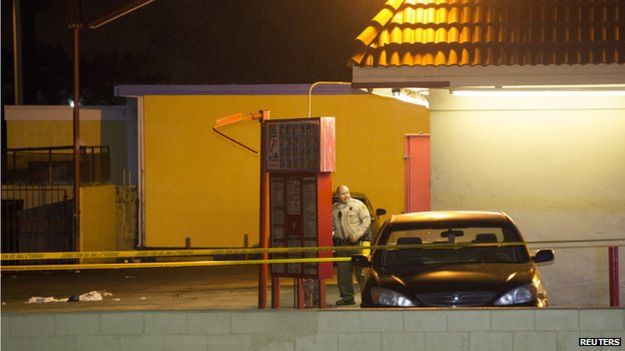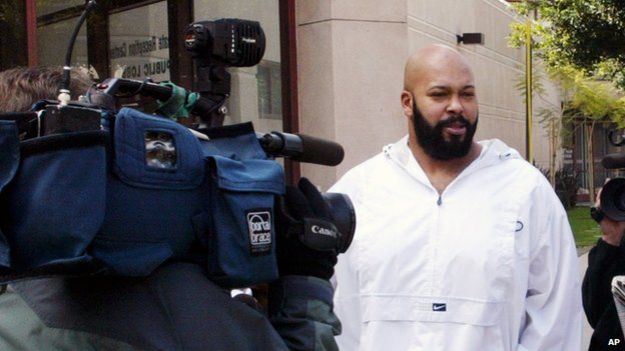Richard S. Schweiker, a former United States representative and senator from Pennsylvania who was the secretary of health and human services during the first term of President Ronald Reagan, died on Friday in Pomona, N.J. He was 89.
His son Richard Schweiker Jr. said on Monday that Mr. Schweiker had died of complications of an infection at AtlantiCare Regional Medical Center after spending a week with his family at his home in Ocean City, N.J.
Mr. Schweiker was president of a Washington-based lobbying and trade group for the life insurance industry for more than a decade after leaving the Reagan administration in 1983.
An enigmatic Republican who looked conservative to many liberals and liberal to many conservatives, Mr. Schweiker went to Washington in 1961 and served for two decades in Congress and two more years in the White House in an era of assassinations, war and sweeping social changes.
As a House member for eight years, he was known as a moderate conservative. He was one of labor’s closest allies, but opposed gun control and the use of federal funds for abortions. He also supported prayers in public schools and in later years voted against busing to integrate schools.
But in his 12 years in the Senate he became known as something of a liberal, a defender of financing for health agencies and medical research. In 1974, he sponsored landmark legislation to finance the National Commission on Diabetes, which created a long-term plan to fight the disease. He also worked closely with Senator Edward M. Kennedy, his Democratic counterpart on labor and public welfare committees.
In 1976, Senators Schweiker and Gary Hart, Democrat of Colorado, issued a report on the 1963 assassination of President John F. Kennedy, casting doubt on the Warren Commission’s conclusion that Lee Harvey Oswald was the lone gunman in Dallas. The report said that the Central Intelligence Agency and the Federal Bureau of Investigation had withheld critical information from the commission.
For refusing to side consistently with the left or right, Mr. Schweiker was often distrusted at both ends of the political spectrum. Conservatives were especially stunned in 1976 when Reagan, running for the presidential nomination and seeking a ticket-balancer, chose Mr. Schweiker as his running mate — an empty gesture, since President Gerald R. Ford won the Republican Party nomination and the Democrat, Jimmy Carter, won the election.
But Mr. Schweiker’s allegiance was not forgotten, and when Reagan won the presidency in 1980, he named the senator to be secretary of health and human services, the sprawling $270 billion agency that encompassed Social Security,Medicare and other programs affecting millions of Americans.
Mr. Schweiker carried out Reagan policies for cutting funds, or the growth of outlays, for health, welfare and social services. But constituents admired him anyway for making reductions as judiciously as possible, and for overturning proposed cuts for the National Institutes of Health, the Public Health Service and Head Start, the program of services for poor preschoolers.
When Mr. Schweiker resigned, Senator Kennedy praised him. “Dick Schweiker has been a good friend and colleague for many years,” he said. “As secretary of health and human services he has too often been a lonely voice of compassion and humanity. The country may never know how much greater the damage to social programs would have been without Dick Schweiker as secretary.”
Richard Schultz Schweiker was born in Norristown, Pa., on June 1, 1926, the son of Malcolm Schweiker and the former Blanche Schultz. After high school he joined the Navy and served on an aircraft carrier during World War II. He graduated with honors from Pennsylvania State University in 1950, and over the next decade rose in business to become president of the American Olean Tile Company.
In 1955, he married the former Claire Coleman, a television personality in Philadelphia. She died in 2013. Besides his son Richard, he is survived by another son, Malcolm; three daughters, Lani Shelton, Kyle Hard and Kristi Carey; a sister, Sylvia Strasburg; 23 grandchildren and one great-granddaughter, most of whom spent time with Mr. Schweiker in the week before his death, his son Richard said.
Mr. Schweiker recently sold his house in McLean, Va., and had been living with a daughter in Herndon, Va.
He won his first race for Congress in 1960, representing a district near Philadelphia, and was re-elected three times. In 1968, he defeated a popular Democrat, Joseph S. Clark, for a Senate seat, and was re-elected in 1974. When he retired from the Senate in 1980, he was succeeded by Arlen Specter, a Republican.
As a cabinet member from 1981 to 1983, Mr. Schweiker was involved in some of the most bitter disputes of the early Reagan years. He tightened welfare eligibility and cut Medicare and Medicaid funds and food stamp grants to states. But he defended health and medical research programs and opposed cuts in Social Security benefits for early retirees.
Mr. Schweiker resigned to become president of the American Council of Life Insurance, now the American Council of Life Insurers, and was succeeded by former Representative Margaret M. Heckler, a Massachusetts Republican.
He later said his most lasting accomplishment would be fixing the amounts Medicare pays for specific medical treatments, instead of leaving costs open-ended. In the long run, he told The New York Times, “that will have the greatest impact of anything I was able to do.”





 06:44
06:44
 Irfansyah
Irfansyah








